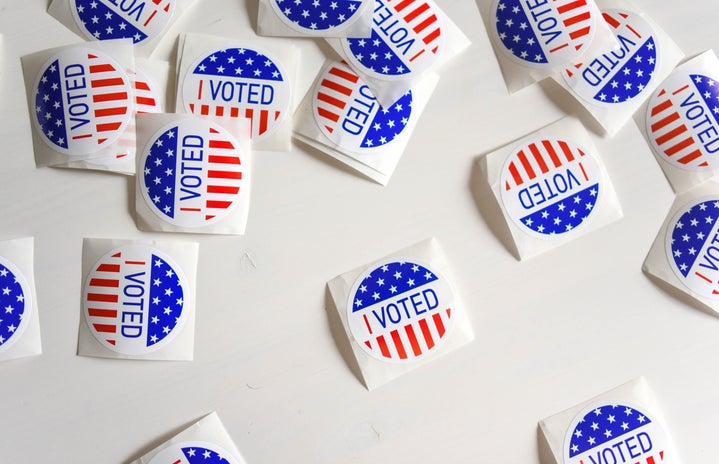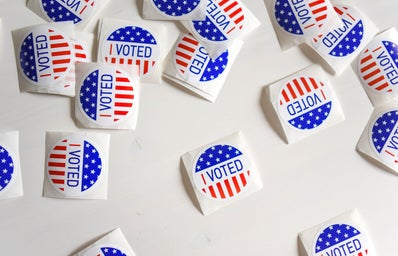Recent elections have created a polarizing political atmosphere in America, especially at universities. As college students, we are mostly young and inexperienced but buzzing with passion about policy. While our passions unite us, our opinions oftentimes divide us. Here’s how to keep these opinions from hurting your friendships.
- Know Thyself, Know Thy Friend
-
First, know yourself and your audience before you discuss politics. Is your friend perhaps apolitical, or otherwise dislikes voicing his or her opinion? In this case, it might be best to avoid politics. Is your friend opinionated but soft-spoken? Try to provide ample opportunity for him or her to agree or debate with you. Are you passionate to the point of overexcitement? Do your best to maintain a calm environment and an open mind. Doing so will help to avoid unnecessary conflict between you and your friends. And remember that, just as you have the right to your own opinion, so does everyone else — do not aim to change anyone’s political beliefs or values. Simply present your own, and allow your friends the opportunity to freely agree or disagree — they should aim to do the same.
- If You’ve Decided to Engage
-
Remember that your core friend group was likely chosen without much thought given to their political leanings — and that’s OK. You have surrounded yourself with people who you consider to be good people at heart with ambition and big dreams just like you. There is a mutual respect established between you and all your friends based on merit. This is important to consider when you begin your discourse, because it will remind you of the foundation upon which you actually built your friendships, and politics should not crush that foundation.
Be sure to tackle topics in a respectful way. If you disagree with your friend on a belief or policy, ask why he or she feels the way he or she does without judgement. Consider your friend’s personal backgrounds and be compassionate; many of our values are established at an early age. There comes a point at which a political discussion is no longer fruitful, often because of these values, and there will be no concessions from either of you. Do your best to recognize this moment and don’t push that specific topic further, as it will lead to irritation, not enlightenment.
- If Things Go Too Far
-
There is a difference between having a discussion about politics and taking — or dealing — constant jabs. Politics is a sensitive subject for many; if you want to maintain supportive, open friendships, it’s imperative not to criticize others in crude jokes or unsavory comments, especially outside of a pre-established political discussion. This is often a tactic used to instigate arguments that would otherwise have been avoided. If you catch yourself or your friends doing this, discuss how it makes you all feel and how to avoid it in the future.
- If You’re Craving More
-
If your politics leave you feeling lonely, join a club on campus or a forum online. There are supportive political groups for every person on and off campus. Being able to discuss your opinions with people who agree with you can be validating and can reduce the amount you want to debate with your friends. This can save your friendships if you feel uncomfortable voicing your ideas with your friends. Plus, who knows, you could make new ones through your new group.
Throughout our lives, we will cross paths with people we can’t agree with, whether it is due to their opinions or their choices. But those opinions and choices do not have to get in the way of your relationships. If you work to maintain a welcoming environment for all parties involved, the mutual respect for each other will remain, whether it is because of or in spite of their beliefs.


